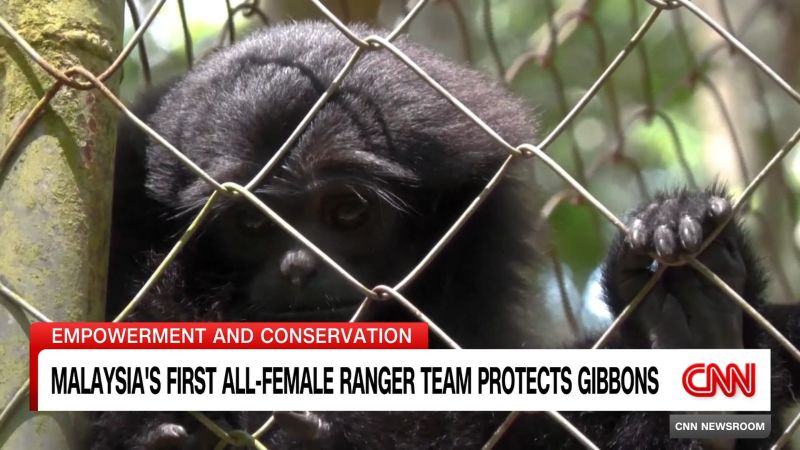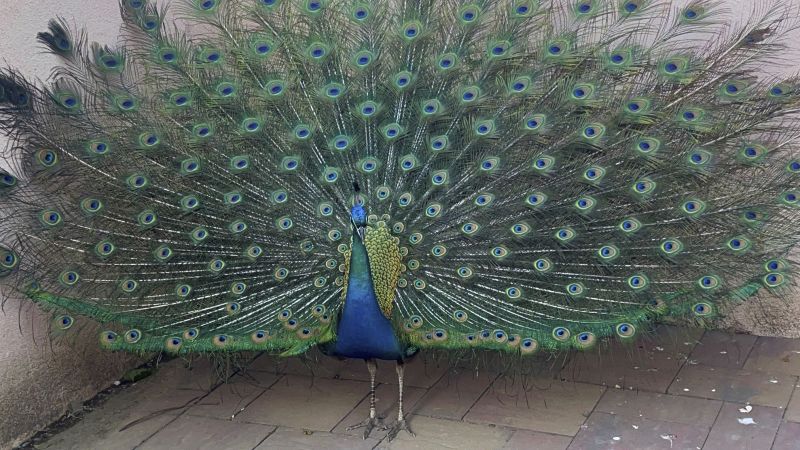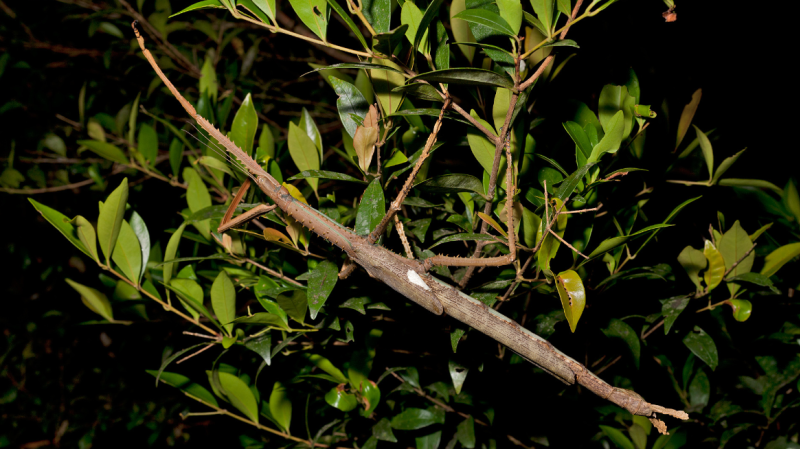
Malaysia's First All-Female Ranger Team Protecting Gibbons
Culture | 8/17/2025
Malaysia has established its first all-female ranger team to protect gibbons, marking a significant milestone in conservation efforts. Comprising eight women from diverse backgrounds, the team operates in the Kenyir State Park, known for its rich biodiversity. Their mission is to safeguard the endangered gibbon population and combat illegal wildlife trafficking in the region.
The creation of this all-female ranger team is a groundbreaking step towards promoting gender equality in a traditionally male-dominated field. The team members undergo rigorous training in wildlife protection, surveillance techniques, and environmental conservation practices to effectively carry out their duties. Their presence not only enhances wildlife protection efforts but also serves as a symbol of empowerment for women in conservation.
One of the rangers, speaking on condition of anonymity, expressed her dedication to preserving Malaysia’s wildlife heritage. She emphasized the importance of raising awareness about the threats facing gibbons and other endangered species. The team’s efforts are crucial in addressing poaching, deforestation, and habitat loss, which pose significant challenges to the survival of these animals.
The establishment of Malaysia’s first all-female ranger team reflects a progressive approach to conservation and underscores the country’s commitment to biodiversity protection. As they patrol the forests of Kenyir State Park, these rangers play a vital role in monitoring wildlife populations, deterring illegal activities, and engaging with local communities to promote environmental stewardship. Their work not only contributes to wildlife conservation but also sets a precedent for gender-inclusive initiatives in conservation efforts globally.
With their specialized training, dedication, and passion for conservation, the all-female ranger team in Malaysia stands as a beacon of hope for the future of gibbons and other endangered species. Their presence serves as a testament to the transformative impact of empowering women in environmental protection and underscores the importance of collaborative efforts in safeguarding biodiversity for generations to come.


